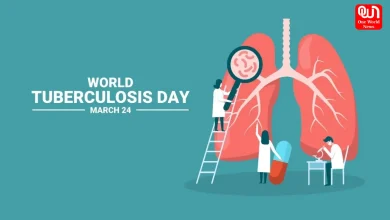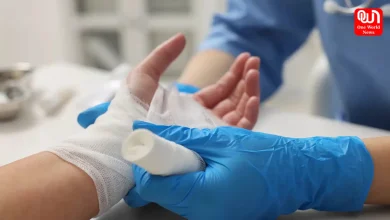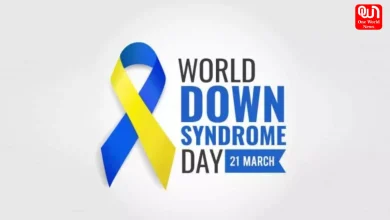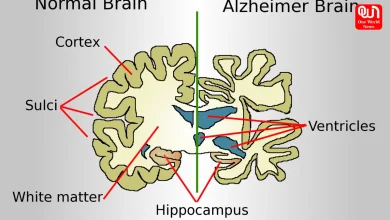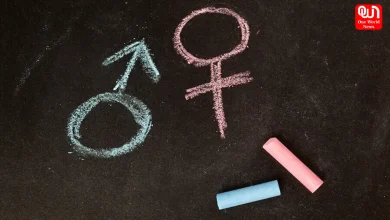Is PCOS Intersex Condition? Here’s 5 Reasons Why Some Say Yes
Is PCOS Intersex Condition? As some of the symptoms match, people feel that PCOS and Intersex are the same! Learn more.
Many Believe That PCOS Intersex! Is it true?
Polycystic ovary syndrome (PCOS) is a complex hormonal disorder that affects millions of individuals worldwide, primarily those assigned female at birth. While traditionally categorized as a gynecological condition, there is ongoing debate within the medical and advocacy communities about whether PCOS should be considered an intersex condition. Here are five reasons why some argue that PCOS shares characteristics with intersex variations:
1. Hormonal Imbalance:
PCOS is characterized by hormonal imbalances, including elevated levels of androgens (male hormones) such as testosterone, which can lead to symptoms such as excess facial or body hair growth, irregular menstrual cycles, and acne. These hormonal imbalances are similar to those found in some intersex variations, where individuals may have atypical hormone levels or responses.
2. Physical Characteristics:
Individuals with PCOS may exhibit physical characteristics that deviate from typical female presentations, such as increased body hair (hirsutism), male-pattern baldness, or a more muscular build. These features can overlap with traits commonly associated with intersex variations, blurring the lines between conventional male and female presentations.
We’re now on WhatsApp. Click to join.
3. Reproductive Challenges:
PCOS often causes fertility issues due to irregular ovulation or anovulation (lack of ovulation), which can impact an individual’s ability to conceive. Similarly, some intersex variations can affect reproductive function, leading to challenges with fertility or sexual development. The shared experience of reproductive difficulties underscores the complex nature of both PCOS and intersex conditions.
4. Gender Identity and Expression:
While PCOS primarily affects individuals assigned female at birth, it can also influence gender identity and expression. Some individuals with PCOS may experience gender dysphoria or identify outside of the traditional binary constructs of male and female. This intersectionality between PCOS and gender identity highlights the diverse ways in which individuals navigate their experiences of sex, gender, and identity.
5. Medicalization and Stigma:
The medicalization of PCOS as a solely gynecological condition overlooks its broader implications for overall health and well-being. By framing PCOS within the context of intersex variations, advocates aim to challenge stigma, promote inclusivity, and advocate for comprehensive healthcare that addresses the holistic needs of individuals with PCOS. Recognizing PCOS as an intersex condition can also foster greater understanding and acceptance within medical communities.
Read More: For Gen Z, an Age-Old Question: Who Pays for Dates? (oneworldnews.com)
While PCOS is traditionally classified as a gynecological disorder, some argue that it shares similarities with intersex variations due to hormonal imbalances, physical characteristics, reproductive challenges, gender identity and expression, and the experience of medicalization and stigma. By acknowledging these parallels, advocates seek to raise awareness, promote inclusivity, and advocate for comprehensive healthcare that addresses the diverse needs of individuals with PCOS. Ultimately, whether PCOS is considered an intersex condition or not, it is essential to prioritize patient-centered care, destigmatize reproductive health issues, and support individuals in their journeys towards health and well-being.
Read More: 7 Places To Witness Cherry Blossoms In India (oneworldnews.com)
Like this post?
Register at One World News to never miss out on videos, celeb interviews, and best reads.



